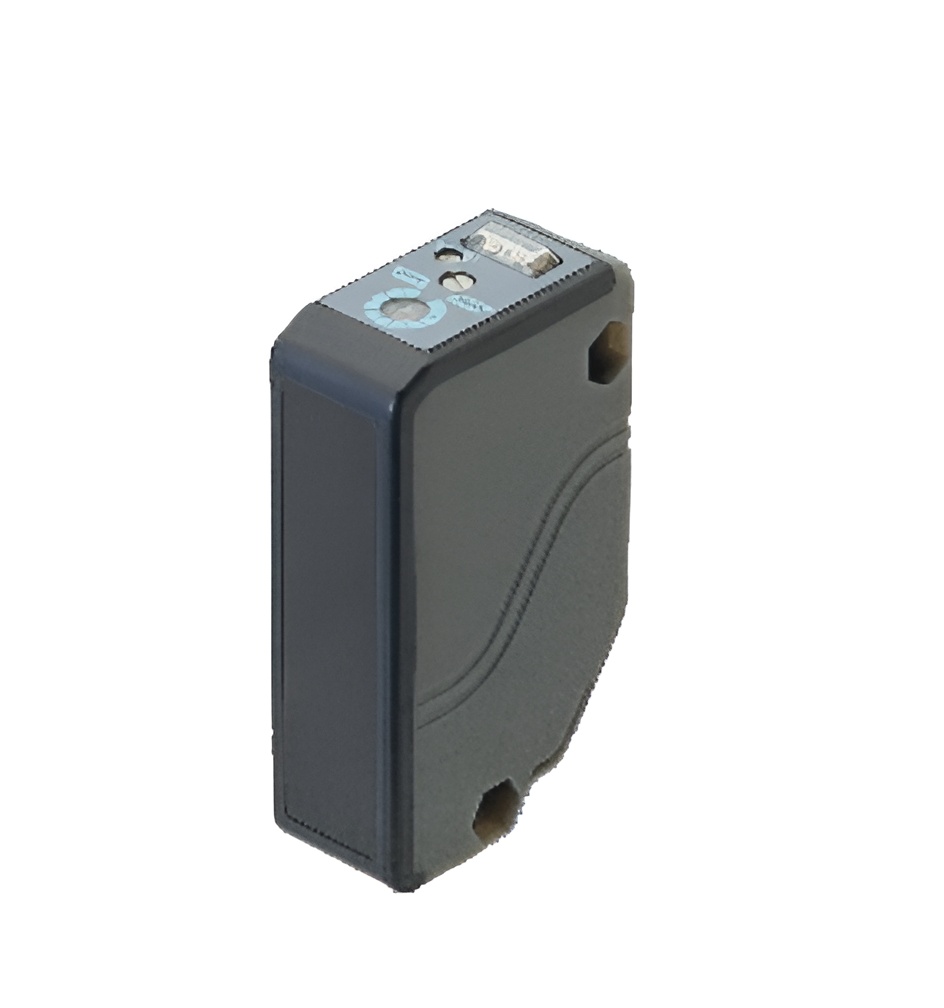Panasonic EQ-34-PN-J Sensor – Advanced Industrial Solution
The Panasonic EQ-34-PN-J sensor is a high-performance device tailored for industrial applications. With features such as long-range detection, reflective sensor technology, and robust design, it offers reliability and precision for factories, automation systems, and heavy-duty applications.
Panasonic EQ-34-PN-J Sensor Specifications
The Panasonic EQ-34-PN-J sensor is equipped with advanced specifications, making it a reliable choice for industrial environments:
- Detection Range: Long-range detection ensures accurate performance in large-scale operations.
- Reflective Technology: Designed for high precision on reflective surfaces.
- Sensitivity Adjustment: Easy configuration to suit different industrial needs.
- Power Requirements: Operates on a 12-24V DC power supply for efficiency.
- Durable Construction: Resistant to harsh conditions, including dust and temperature variations.
- Fast Response: Provides real-time feedback for automated systems.
Industrial Applications of the EQ-34-PN-J Sensor
The Panasonic EQ-34-PN-J sensor is widely used across various industrial settings:
- Automation Systems: Enhances efficiency in assembly lines and robotic operations.
- Heavy-Duty Applications: Performs reliably in demanding environments, such as factories and manufacturing units.
- Reflective Surface Detection: Offers exceptional accuracy for objects on shiny or reflective surfaces.
- Operational Stability: Ensures consistent performance under variable conditions.
Key Features of the EQ-34-PN-J Sensor
The Panasonic EQ-34-PN-J sensor stands out due to its exceptional features:
- High Precision: Accurate object detection for increased productivity.
- Energy Efficiency: Optimized power consumption for cost-effective operations.
- Ease of Installation: Comes with a detailed guide for quick and hassle-free setup.
- Low Maintenance: Built to last with minimal upkeep.
Panasonic EQ-34-PN-J Sensor Installation Guide
Installing the EQ-34-PN-J sensor is straightforward. Follow these steps for optimal performance:
- Placement: Position the sensor at the desired detection range.
- Power Connection: Connect to a 12-24V DC power source.
- Sensitivity Adjustment: Configure settings to match your application needs.
- Testing: Run diagnostic tests to ensure proper functionality.
Download the EQ-34-PN-J Datasheet
Access detailed information about the Panasonic EQ-34-PN-J sensor by downloading the datasheet. It includes:
- Technical specifications
- Installation and maintenance guidelines
- Environmental performance details
- Troubleshooting tips
Why Choose the EQ-34-PN-J Sensor?
The Panasonic EQ-34-PN-J sensor offers unparalleled benefits, including:
- Reliability: Consistent and dependable performance.
- Durability: Designed to withstand challenging industrial conditions.
- Precision: Delivers accurate results, boosting overall system efficiency.
- Versatility: Suitable for a wide range of industrial applications.
Frequently Asked Questions
1. What is the detection range of the EQ-34-PN-J sensor?
The sensor features a long-range detection capability, ensuring accuracy over extended distances.
2. Is the EQ-34-PN-J sensor suitable for reflective surfaces?
Yes, its reflective sensor technology provides excellent accuracy on shiny and reflective surfaces.
3. How do I install the EQ-34-PN-J sensor?
The sensor is easy to install with a detailed guide. Simply position it, connect to a power source, and adjust the settings as needed.
4. Where can I buy the EQ-34-PN-J sensor?
You can purchase the EQ-34-PN-J sensor online from authorized retailers or industrial suppliers.
5. Does the EQ-34-PN-J sensor come with a warranty?
Yes, warranty details are provided by the manufacturer or supplier at the time of purchase.
Conclusion
The Panasonic EQ-34-PN-J sensor is a reliable and high-performance solution for industrial applications. Its advanced features, durable design, and precision make it an excellent choice for automation and heavy-duty environments. Invest in the EQ-34-PN-J sensor today to enhance your operational efficiency and achieve superior results.
Related Articles: Learn more about the sensors by reading our blog on What is a Photoelectric Sensor?

